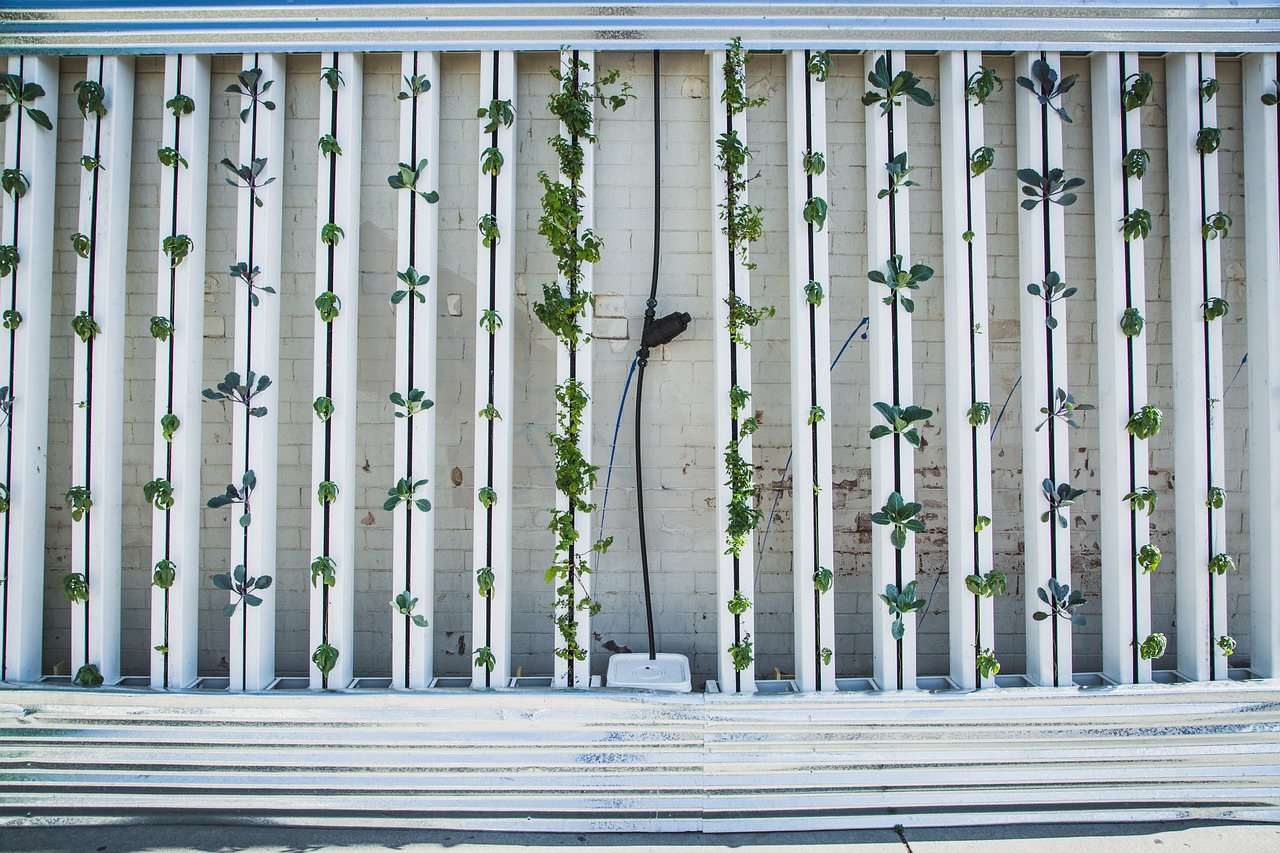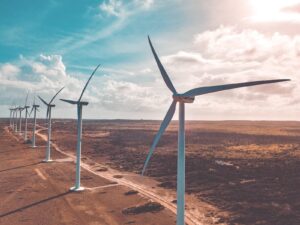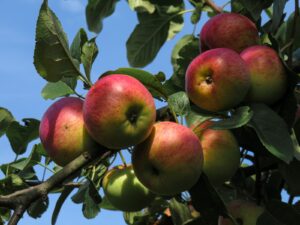Sustainable farming is revolutionizing the agricultural industry, offering innovative solutions to address the challenges faced by traditional farming methods. As the global population continues to grow and natural resources become increasingly scarce, the need for sustainable farming practices becomes more pressing. In this article, we will explore how technological advancements in agriculture, such as precision farming, Internet of Things (IoT) devices, vertical farming, and agroforestry, are transforming the way we produce food while ensuring the long-term health of our planet.
The Need for Sustainable Farming
Traditional farming methods have led to detrimental consequences for the environment, including soil degradation, water scarcity, and chemical pollution. These challenges threaten the long-term sustainability of agricultural practices and compromise food security. But, sustainable farming practices offer a solution by prioritizing the preservation of natural resources and reducing the environmental impact of agricultural activities. For example, by adopting sustainable farming techniques, we can mitigate soil erosion, conserve water, and reduce the use of harmful chemicals, thus safeguarding the health of ecosystems and ensuring a more secure future for food production.
Technological Innovations in Sustainable Farming
Precision Farming
Precision farming, also known as precision agriculture, involves the use of advanced technologies to optimize farm management and increase productivity while minimizing resource wastage. This approach utilizes GPS-guided machinery, sensors, and data analytics to precisely monitor and control various farming operations. By collecting real-time data on soil conditions, moisture levels, and crop health, farmers can make informed decisions regarding irrigation, fertilization, and pest control. Precision farming not only improves resource Efficiency but also reduces the environmental impact. It does this by minimizing the use of water, fertilizers, and pesticides. Successful case studies have demonstrated significant yield improvements and cost savings through the implementation of precision farming techniques.
Internet of Things (IoT) in Agriculture
The Internet of Things (IoT) has revolutionized various industries, including agriculture. In the context of sustainable farming, IoT devices play a crucial role in collecting and analyzing data from farming operations. Smart irrigation systems, for example, utilize IoT sensors to monitor soil moisture levels and weather conditions. This enables precise irrigation scheduling and reducing water waste. Livestock monitoring systems equipped with IoT technology can track animal health, behavior, and location, allowing farmers to detect diseases early and optimize feed management. By connecting various aspects of farming operations, IoT enables data-driven decision making, improved efficiency, and optimized resource utilization.
Vertical Farming
Vertical farming is a groundbreaking approach that maximizes food production in limited spaces. By growing crops in vertically stacked layers, often indoors or in controlled environments, vertical farms can produce high yields without relying on vast expanses of land. This innovative farming method offers several advantages, including year-round production, reduced water and land usage, and minimized transportation costs. Vertical farming also eliminates the need for harmful pesticides and reduces the Carbon Footprint associated with long-distance food transportation. Successful vertical farming projects have demonstrated their potential to revolutionize urban agriculture and bring fresh, nutritious produce closer to consumers.
Agroforestry
Agroforestry combines the cultivation of trees with other agricultural practices, offering numerous ecological and economic benefits. This sustainable farming approach enhances Biodiversity, improves soil health, conserves water, and provides additional income streams for farmers. Alley cropping, for example, involves planting rows of trees alongside crops, providing shade, windbreaks, and organic matter to enhance soil fertility. Silvopasture integrates trees with livestock grazing, providing shade and forage for animals while sequestering carbon and preventing soil erosion. Successful agroforestry projects have shown how this approach can promote sustainable land management, enhance ecosystem services, and contribute to climate change mitigation.
Challenges and Opportunities in Implementing Sustainable Farming Practices
While sustainable farming practices offer numerous benefits, there are challenges that farmers face when transitioning to these methods. Financial constraints, lack of awareness, and resistance to change can hinder the adoption of sustainable farming practices. However, there are potential opportunities and incentives that can encourage farmers to embrace sustainable farming. Consumer demand for eco-friendly products, certifications for sustainable farming practices, and government support in the form of grants and subsidies can provide the necessary motivation and assistance for farmers to make the switch.
Conclusion
Sustainable farming is leading the way in revolutionizing agriculture and ensuring the long-term viability of food production. Through technological innovations such as precision farming, IoT devices, vertical farming, and agroforestry, farmers can optimize resource utilization, reduce environmental impact, and enhance productivity. By adopting these sustainable farming practices, professionals working in agriculture and food production can contribute to a brighter future. A future where food security and environmental sustainability go hand in hand. Moreover, embracing sustainable farming is not only a necessity but also an opportunity to create a better and more resilient agricultural industry for generations to come.













